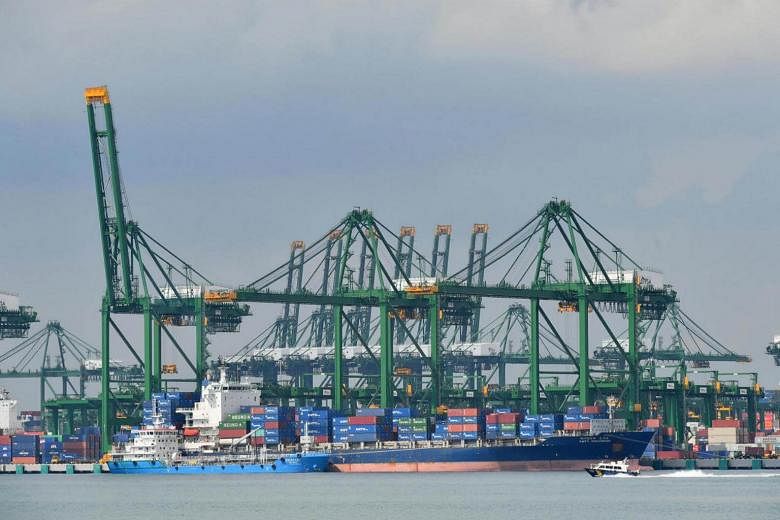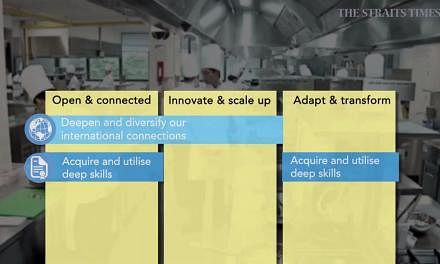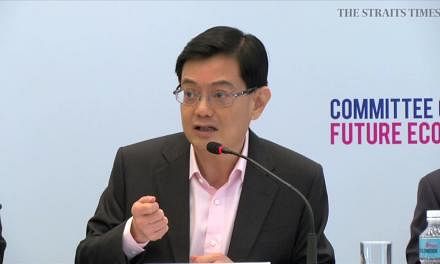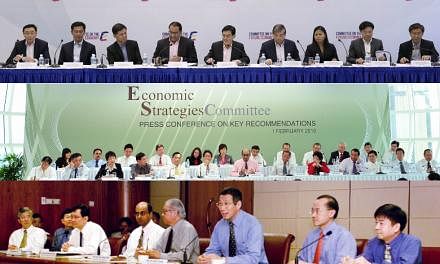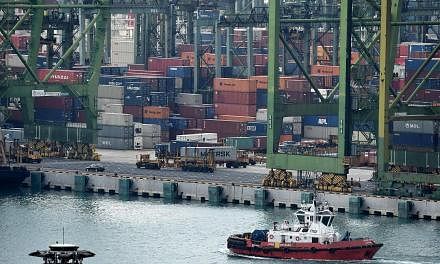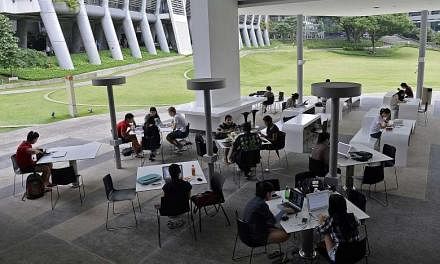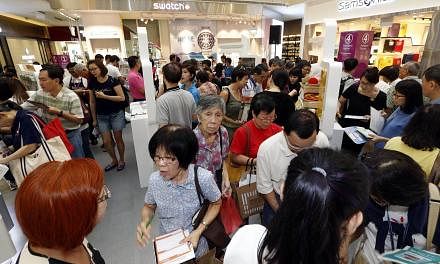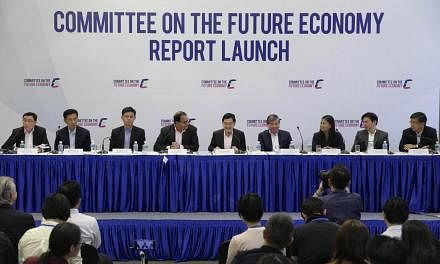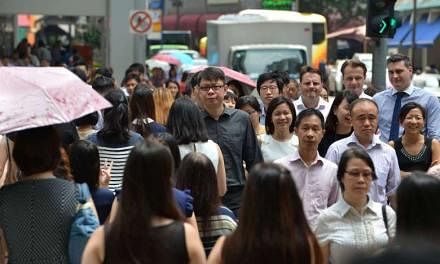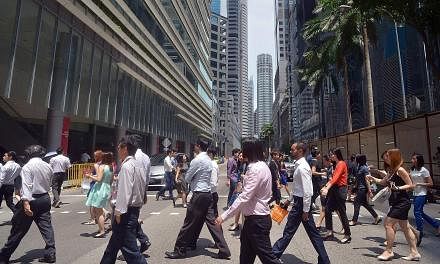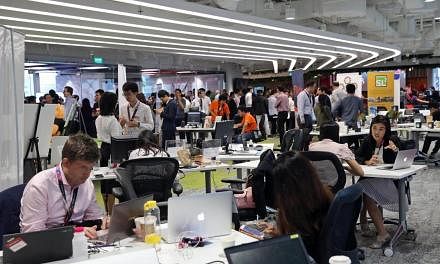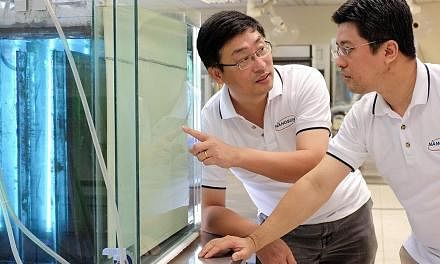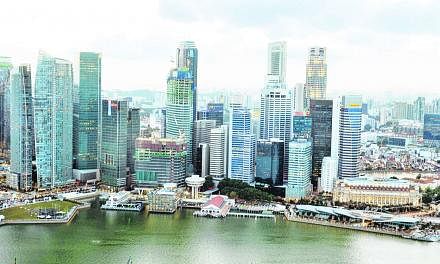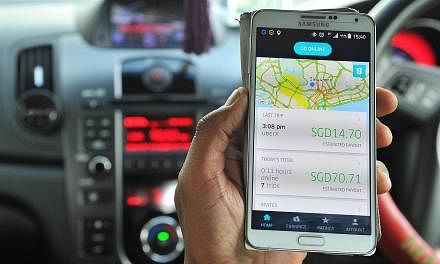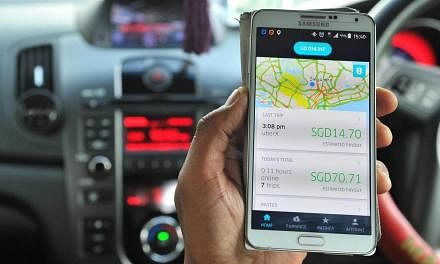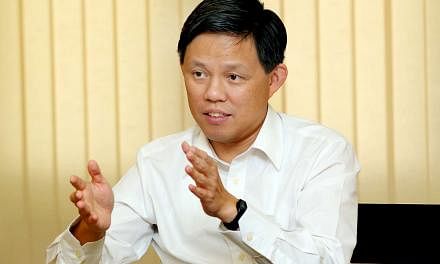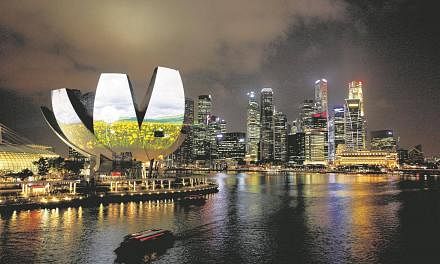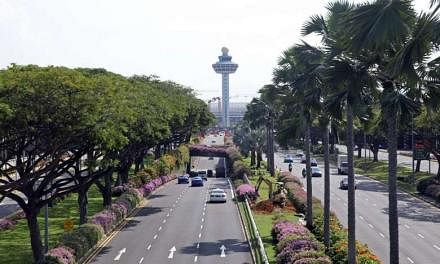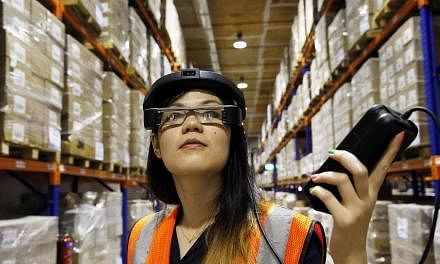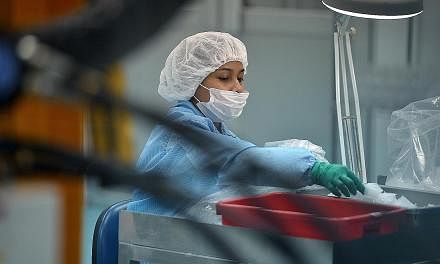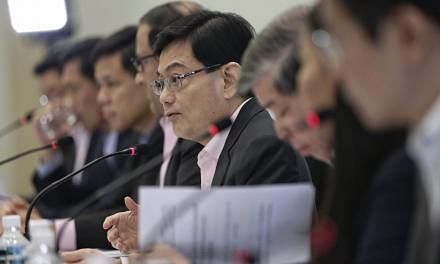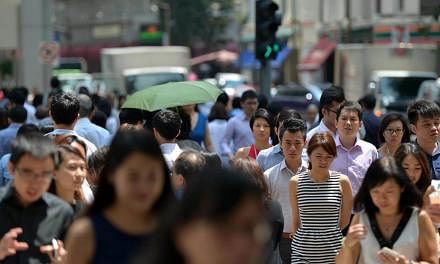Strategy 1: Deepen and diversify our international connections
Singapore must remain plugged into global trade and its people need to gain better knowledge of regional markets as the Republic embarks on the next phase of growth.
That is the thrust of a key strategy unveiled by the Committee on the Future Economy (CFE), tasked with charting the blueprint for the country's growth in the long run.
In its report released yesterday, the committee noted that as an open, trade-dependent economy, Singapore "must resist the threat of rising protectionism" amid current anti-globalisation sentiment.
Trade and Industry (Industry) Minister S. Iswaran, who co-chaired the committee, said: "Against this backdrop, what we feel is critical that we underscore and emphasise is Singapore's basic openness - openness to trade, openness to investments, openness to try and continue to maintain our connectivity to regional and global economies."
"We believe that this is the surest way to ensure we continue to create opportunities for our businesses and for our people."
Anti-globalisation sentiment has swept across Europe and the United States, with Britain voting to leave the European Union last year and President Donald Trump recently pulling the US out of the Trans-Pacific Partnership, an ambitious Pacific Rim free trade pact.
The CFE said Singapore must press on with trade and investment cooperation and seize opportunities in new markets.
One way is to continue to work at reducing trade tariffs and barriers through initiatives such as the Asean Economic Community and the Regional Comprehensive Economic Partnership.
As Asean chairman next year, Singapore can help to advance economic integration within the 10-member bloc and with its key partners.
"We also need to enhance our regional trade architecture to support digital businesses and data flows, such as developing mutual recognition of data protection standards," the report noted.
Analysts lauded the push for open trade as it remains a key contributor to Singapore's economy.
"The key challenge will be to convince other countries that Singapore can be a 'giver' as well as a 'taker', in terms of opening the market here for more foreign competition," said Mr Frank Debets, managing partner for Customs and international trade at PwC Worldtrade Management Services.
The committee said Singapore can draw on its experience in developing industrial parks and townships in China, India, Indonesia and Vietnam, to tap opportunities arising from growing demand for infrastructure and urban solutions in Asia.
It can also collaborate with institutions such as the World Bank, Asian Development Bank and the Asian Infrastructure Investment Bank on development projects.
To tap advancing technology and rapid growth in Asia, it recommends setting up a Global Innovation Alliance - a network to promote innovation and harness new ideas.
It envisions Singapore tertiary institutions and companies linking up with overseas partners in major innovation hubs and in key markets.
This alliance can form "innovation launchpads" to foster cooperation between local and foreign start-ups, or serve as "welcome centres" where Singapore firms can work with overseas partners.
The idea builds on existing tie-ups - the National University of Singapore Overseas Colleges, for instance, already has links in the US, Europe and China.
"This has helped to groom fresh entrepreneurial talent and promising start-ups in Singapore, and the efforts should be expanded," the committee said.
As companies head abroad in search of opportunities, the committee said Singaporeans will need to acquire deeper knowledge of regional markets.
One way to encourage more people to take up overseas postings is to ease Singaporean parents' concerns about their children's education.
Suggestions include helping the children enrol in the International Baccalaureate programme to ensure continuity of learning when they return to Singapore.
The Education Ministry is also developing an online platform, Student Learning Space, to help overseas Singaporean students stay familiar with the national curriculum.
The report also recommends that research firms and consultancies develop deeper market knowledge of the region, and trade associations and economic agencies undertake more business study trips.
"A more nuanced understanding of Asia's different cultures and consumer preferences will strengthen the ability of Singapore-based companies to access regional opportunities," the committee said.
